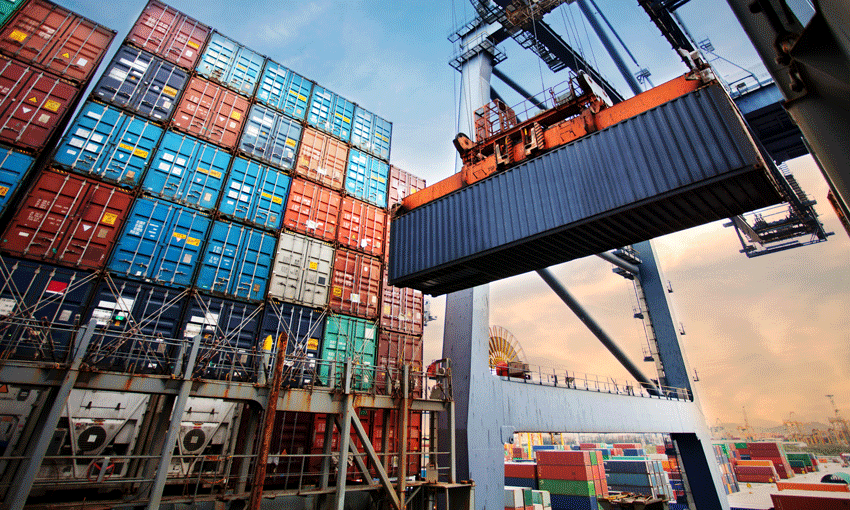IN Australia, the Customs Act 1901 does not require a Licensed Customs Broker to submit an Export Declaration Number (EDN) to the Australian Border Force. An EDN is required for:
- goods that are exported from Australia which are more than $2000,
- goods that are covered by an export permit or
- for goods that will require a drawback of import duty.
An EDN can be submitted to the ABF in less than a few minutes but can be audited by the ABF from the moment of submission and for the next five years.
EDNs require the operator to be proficient in INCOTERMS 2020, valuation, classification, CITES, Department of Defence permits (such as strategic goods), Therapeutic Goods Administration (TGA) policies and the Department of Agriculture, Water and the Environment permits, just to name a few. In Australia, an LCB is required to submit most import declarations to the ABF (excluding Self Assessed Clearances [SACs]).
I have examined the ABF data from 1 July 2018 thru 31 March 2021 and have found that in each financial year, the error rate for the export declarations that the ABF audited were 49% for 2018-2019, 49% for 2019-20 and so far 35.2% for 2020 thru until 31 March 2021. I have no hesitation in projecting the 2021 financial years data to be close to (or in excess of) the preceding two years data.
Let’s be clear – the ABF has examined 1761 lines of EDNs in 33 months; if the ABF had examined, say 10 times this amount, I have no hesitation in expecting a much higher rate of errors.
I have seen export operators in the industry process hundreds of EDNs urgently in one shift and having no knowledge of the above underlying skills of valuation, classification nor the requirements of CITES or Department of Defence permits. There was certainly no time for the export operator to ask is this export invoice on FCA or CPT terms? Does this invoice include insurance? Are these strategic goods for which a Department of Defence permit is required?
The Customs Act 1901 Infringement Notice Scheme (INS) states that if an exporter exports goods which are classified as prohibited, the exporter a body corporate is liable to 45 penalty units (at $222 per penalty unit, that equals $9990).
It is in my opinion that if an EDN transmitter does not have the same educational training as an LCB, then how can the ABF expect the error rate to improve? How can the ABF expect an EDN transmitter to understand valuation law, classification and the accompanying Interpretive Rules, INCOTERMS 2020 and permit issuing bodies? This takes years of training and experience to grasp.
The ABF has consistently listed the top seven errors as FOB value, gross weight, classification, consignee city, net quantity, origin and currency. I believe that EDNs should be transmitted to the ABF by LCBs; the ABF would see the error rating on EDNs decrease dramatically.
In closing, for those that don’t know me, I became a customs broker at the age of 23 and have operated Platinum Freight Management since November 2000. I have completed a Masters in International Revenue Administration and a Masters in International Customs Law and Administration. I have been employed by TAFE NSW for thirteen years as a lecturer in Customs Brokering; concentrating on the classification of commodities that enter and exit Australia.





